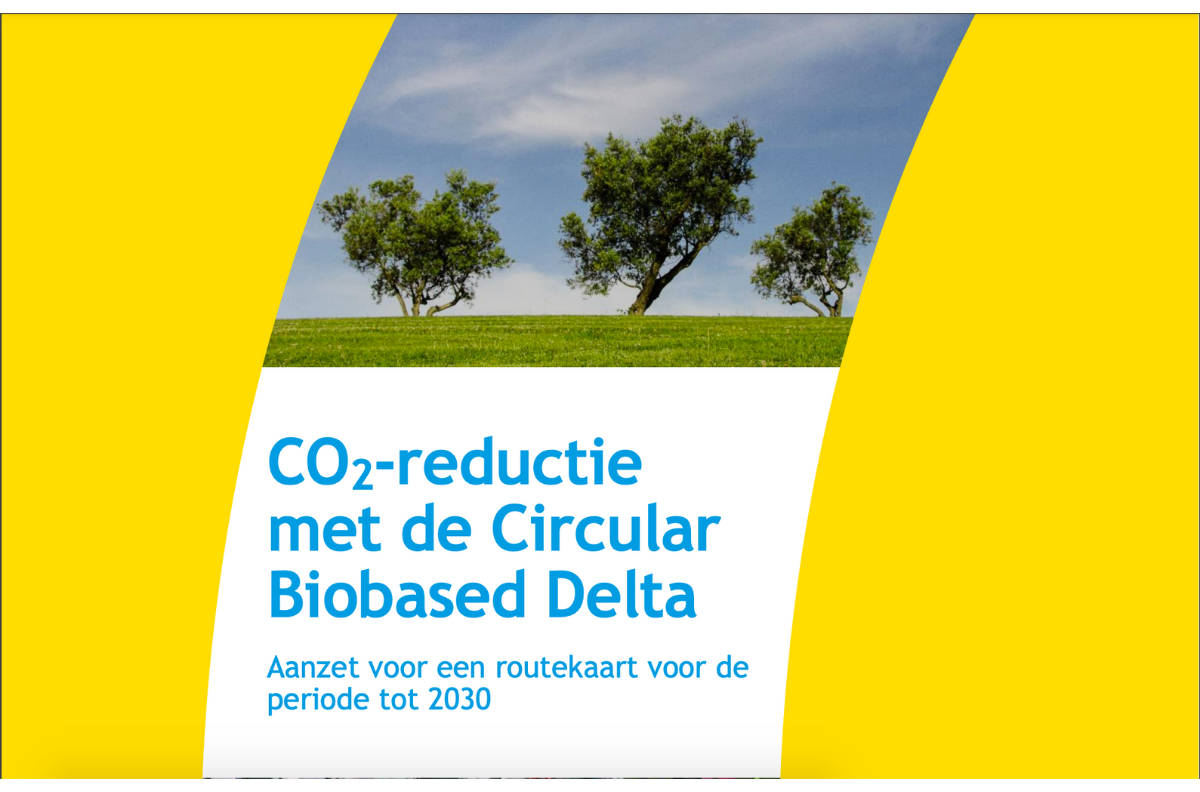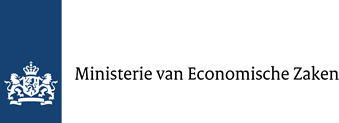News
17-02-2021
Study: substantial CO2-reduction by Biorizon’s bio-based 3-methylphthalic anhydride
A new study by CE Delft, commissioned by Circular Biobased Delta, states that as from 2027 Biorizon is capable of reducing 94 kt CO2-eq. per year by replacing fossil phthalic anhydride with renewable aromatics. Biorizon’s sugar horizon is one of the 21 projects in this study which states that in 2030 a yearly CO2-reduction of 5,4 million ton CO2-eq by bio-circular projects in the Dutch Delta Region is feasible.
Bio-based 3-methylphthalic anhydride (3-MPA)
At the Green Chemistry Campus in Bergen op Zoom, Biorizon co-initiator TNO is working on the technological development of functional bio-aromatics based on non-edible sugars:
One of these green aromatics is bio-based 3-methylphthalic anhydride (3-MPA), which for example can be used in alkyd paints. According to the CE Delft study (Dutch), replacing fossil phthalic anhydride by bio-based 3-methylphthalic anhydride will lead to a CO2 reduction of 3.1 kg CO2-eq. per kilogram. As from 2027, this means an annual CO2 reduction of 94 kt CO2-eq.
Biorizon's Sugar Horizon Manager Monique Wekking: "This research shows the impact of our work. Since 2013, we’ve been scaling-up the production of bio-aromatics continuously with the aim to provide the industry with functional bio-aromatics that outperform their fossil counterparts in terms of functionality and sustainability. This study shows the potential CO2-reduction for 3-methylphthalic anhydride as from 2027. Since this is only one of the bio-aromatics we are working on, I am looking forward to making impact with Biorizon’s entire portfolio of bio-aromatics”.
Based on the Biorizon results, TNO established spin-off company Relement that will scale up 3-methylphthalic anhydride and bring it to commercial introduction. Want to know more? Please contact Biorizon's Sugar Horizon Manager Monique Wekking at monique.wekking@tno.nl or +31 (0)6 46 84 73 58 and join our community.
About the study
Circular Biobased Delta is a collaboration of provinces, companies and knowledge institutions in the Dutch provinces of Brabant, Zeeland and South Holland. Commissioned by the Circular Biobased Delta, research and consultancy organization CE Delft investigated how much CO2 21 projects within the Delta can jointly reduce when compared to current production based on fossil raw materials. Once the 21 projects will be realized, the study concludes that it is feasible to save a total of 5.4 million tons of CO2-eq per year by 2030.
Circular Biobased Delta Roadmap
The CE Delft study (Dutch) provides Circular Biobased Delta with input for a roadmap to 2030. Together with partners, among whom Biorizon, the Delta is taking follow-up steps to help realize projects and attract additional projects. The goal is to collectively reduce CO2 emissions by 10 Mton in 2030. The Dutch national climate objective is a CO2 reduction of 49 Mton in 2030. The contribution of Circular Biobased Delta therefore is substantial.
Source: Circular Biobased Delta (Dutch)







